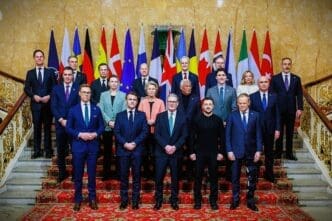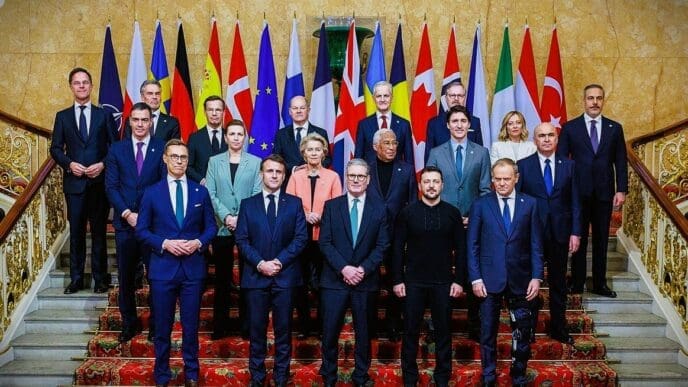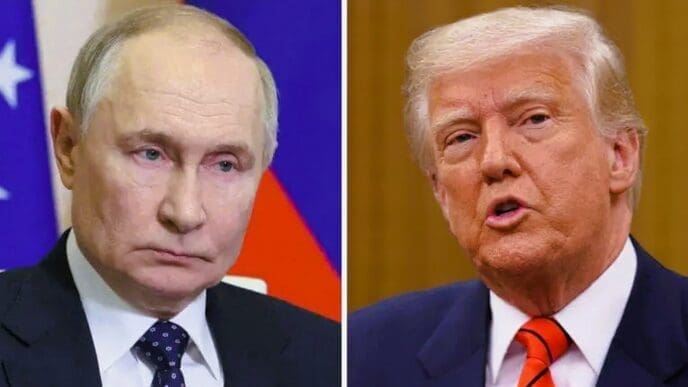As discussions on a global plastic pollution treaty near their conclusion in Busan, South Korea, the question of whether to impose limits on plastic production remains a contentious issue, dividing nations on the path forward.
Negotiators have been engaged in intensive discussions behind closed doors, grappling with the challenging decision of whether to include limitations on plastic production within the treaty. This issue has emerged as one of the most divisive topics, with various countries advocating for different approaches.
Representatives from nations such as Panama, Fiji, Mexico, France, Rwanda, and the European Union have expressed a strong commitment to advancing a treaty that addresses the root causes of plastic pollution. Their unified stance calls for ambitious actions that extend beyond mere waste management to tackle the increasing production of plastics at its source.
Sivendra Michael, Fiji’s Secretary for the Environment and Climate Change, emphasized the importance of a treaty that transcends individual efforts and focuses on humanity’s collective responsibility to protect the planet. ‘This treaty has to be bigger than all of us. It’s about saving this planet. It’s about saving humanity,’ he stated.
However, some countries, particularly those with significant interests in plastic production and the oil and gas sectors, have voiced opposition. They favor a treaty concentrating on enhancing waste management and recycling practices rather than imposing limits on production. This group, including India and Saudi Arabia, insists that unanimous consent is necessary for any proposal within the treaty.
France’s minister delegate for energy, Olga Givernet, highlighted concerns about a minority of countries obstructing progress. She stressed the necessity of unity among nations to reach a consensus that reflects the urgency of the plastic pollution crisis.
Several business leaders have also weighed in on the debate. Ed Shepherd, representing a coalition of about 270 businesses and financial institutions, supported the call for global rules, asserting the need to reduce plastic consumption significantly.
The United States has signaled support for including an article in the treaty that limits global plastic supply, marking a potential shift in the dynamics of the negotiations. Meanwhile, Canada has called for ‘bold, decisive action,’ echoing the sentiments of other nations seeking substantial reforms.
As the treaty discussions draw to a close, countries such as Rwanda remain steadfast in their demand for a treaty that embodies strength, ambition, and accountability. With plastic production predicted to rise by approximately 70% by 2040 without policy changes, the stakes of these negotiations are critically high.
With treaty negotiations in their final hours, the world watches as nations attempt to reconcile differing views on managing plastic pollution. The outcome will significantly impact global strategies to combat the environmental challenges posed by plastic proliferation.
Source: Apnews














